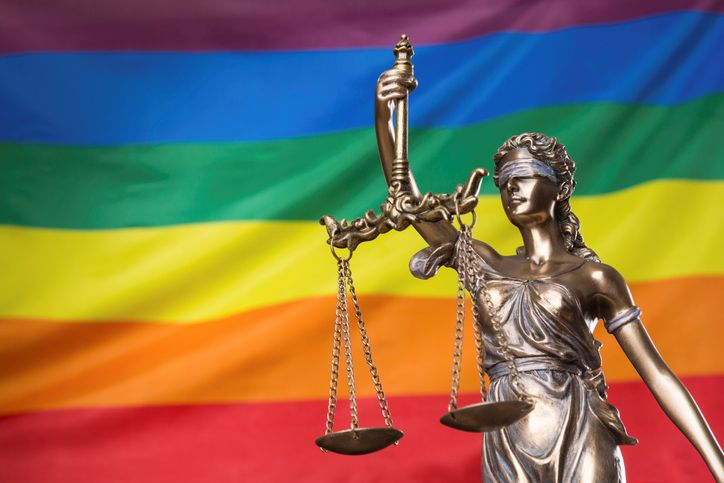Marriage Equality in Pennsylvania Faces Uncertain Future Amid National Pushback
Growing Concerns Over Same-Sex Marriage Rights
As the United States marks the 10th anniversary of the landmark Obergefell v. Hodges decision, which legalized same-sex marriage nationwide, concerns are rising in Pennsylvania and beyond over the future of marriage equality. Pennsylvania is one of over 30 states with laws or constitutional amendments that could severely restrict or eliminate same-sex marriage if the Supreme Court ever overturns Obergefell.
Political Momentum Threatens Marriage Equality
This year, Republican lawmakers in multiple states have introduced measures aimed at undermining or reversing protections for same-sex couples. Although the Supreme Court's 2015 decision currently protects marriage equality, these legislative actions are raising alarm bells:
States such as Idaho, Michigan, Montana, North Dakota, and South Dakota have seen direct attempts to roll back Obergefell.
In Missouri, Oklahoma, Tennessee, and Texas, lawmakers have proposed new categories like “covenant marriage” — explicitly designed for heterosexual couples — which could marginalize same-sex unions without directly challenging existing federal law.
These measures reflect a broader strategy to erode marriage rights for LGBTQ+ individuals through indirect legal frameworks.
States Pushing Back Through Ballot Initiatives
In response to these efforts, a counter-movement has emerged in states like Idaho, Nebraska, Virginia, and Arizona, where ballot initiatives are being prepared for the 2026 elections. These initiatives aim to let voters affirmatively protect marriage equality in their respective state constitutions.
Pennsylvania’s Dormant Ban Still a Threat
While same-sex marriage is currently legal in Pennsylvania due to federal protections, the state’s own ban — enacted in 1996 — remains on the books. Although it’s not enforceable under Obergefell, its presence highlights the precariousness of LGBTQ+ rights should federal protections disappear.
In 2023, State Representative Malcolm Kenyatta (D-Philadelphia) introduced a bill to formally repeal the ban. The legislation successfully passed in the Pennsylvania House but has since stalled in the state Senate. The lack of action underscores a broader political reluctance, despite widespread public support for same-sex marriage.
Public Opinion Strongly Supports Marriage Equality
According to a 2024 nationwide poll, the majority of voters in every U.S. state — including Pennsylvania — support the right of same-sex couples to marry. This reflects a significant shift in societal views over the past decade. Even former Pennsylvania Governor Tom Ridge, who signed the original state ban into law in 1996, has since changed his stance
National Legal Landscape Still Fragile
Currently, 32 states still have either constitutional or statutory bans on same-sex marriage that would become enforceable if Obergefell were overturned. This affects approximately 60% of LGBTQ+ adults in the U.S., who live in states where marriage equality could be rescinded if federal protections are removed.
The fear of a rollback intensified in 2022 when Supreme Court Justice Clarence Thomas, in his concurring opinion during the decision to overturn Roe v. Wade, suggested that the court should also reconsider other rulings based on "substantive due process" — including those involving same-sex relationships and marriage.
The Respect for Marriage Act and Its Limits
In a significant move, Congress passed the Respect for Marriage Act in late 2022, ensuring that federal recognition is granted to same-sex and interracial marriages. However, the law does not prevent individual states from enacting their own restrictions if Obergefell is overturned, leaving room for future legal conflicts.
The Road Ahead
While federal and public support for same-sex marriage remains strong, the legal infrastructure at the state level continues to pose a risk. Unless states like Pennsylvania take proactive steps to repeal outdated bans, the rights of LGBTQ+ couples remain vulnerable to shifts in federal judicial interpretation.
As the nation reflects on a decade since Obergefell v. Hodges, the fight for marriage equality is far from over. Vigilance, legislative action, and public advocacy remain essential to safeguarding these hard-won rights.

COMMENTS (0)
Sign in to join the conversation
LOGIN TO COMMENT